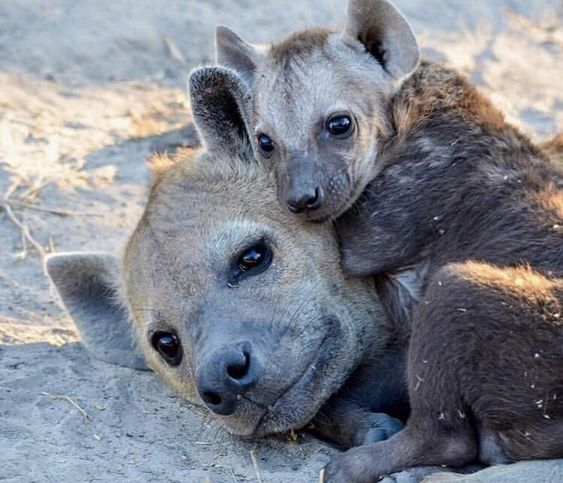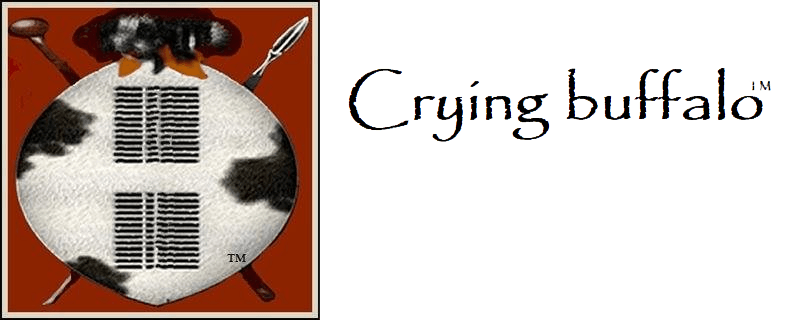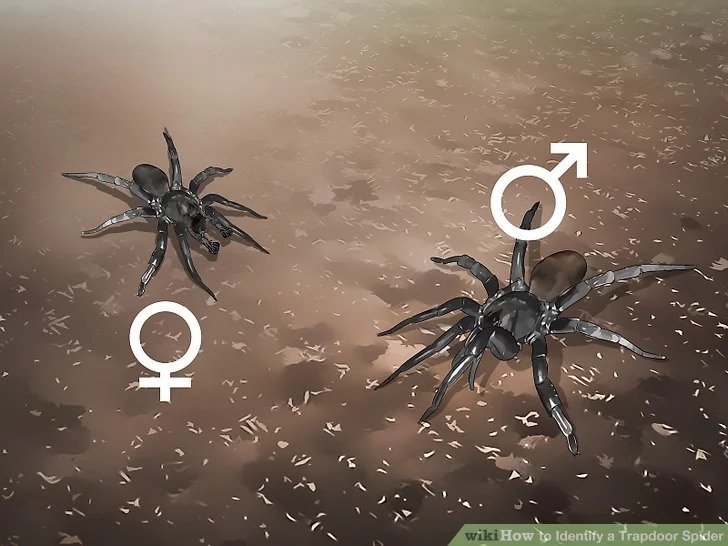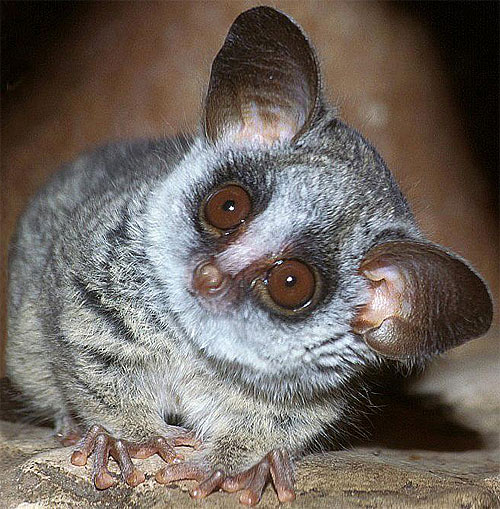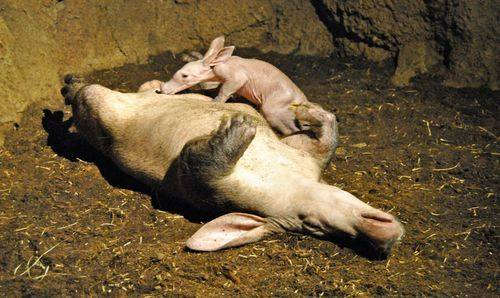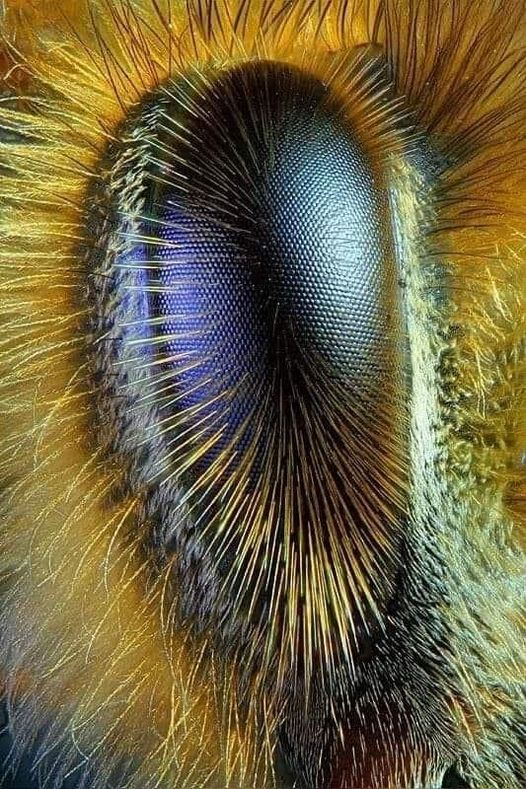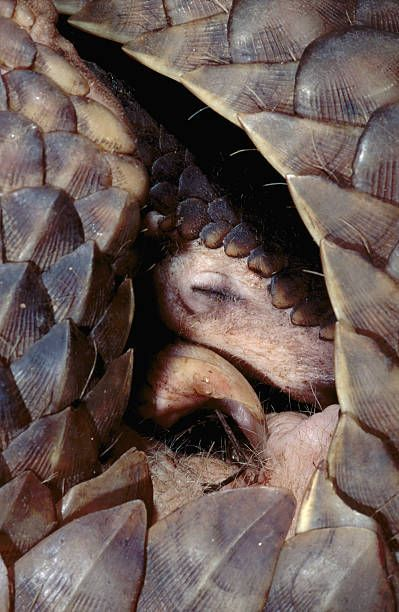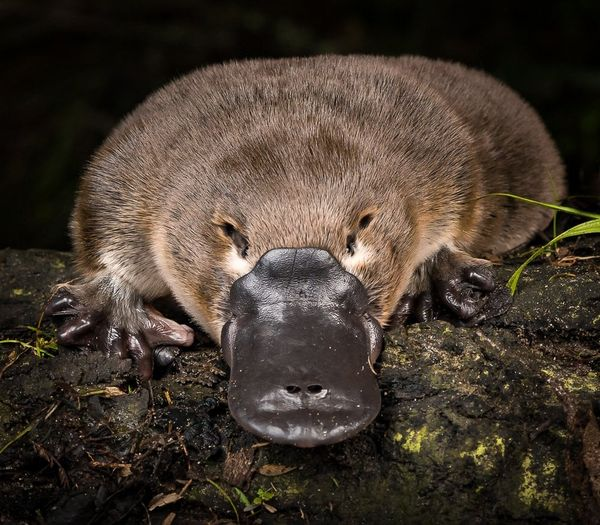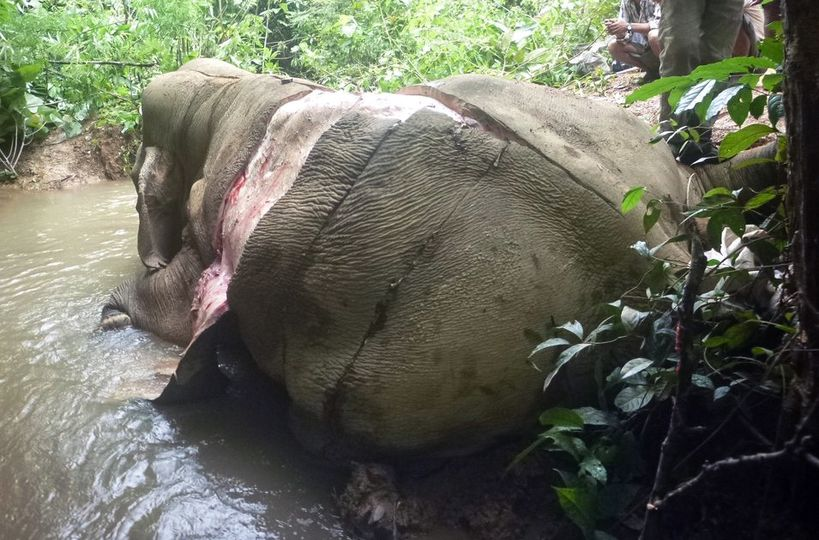| info@cryingbuffalo.co.uk
Geckos Are Non-Venomous And Harmless To Humans
By Abdulhamid Ibrahim Saikpai
The common house gecko is native to Southeast Asia, but are now found across the world, including large parts of Africa. It's a slippery house lizard called "Tsaka" in Hausa, "Onile" in Yoruba and "Gusunon-wenror" in Baatonum (all West African languages).
There was once a Facebook update that went viral, posted by a Nigerian in 2017, that said,"a wall gecko fell into a pot of soup and killed a whole family after eating with the soup, due to its poisonous nature". Well, this is not true, because several researches have revealed that wall geckos are not poisonous.
It is either that the gecko heavily hosted bacteria which could multiply within a short time and cause harm to the victims or something else coincidentally led to their demise. A scholar from the University of Nigeria, Nsukka, reported in 2019 in "Africa Check" that "wall geckos are not poisonous".
The Animal Diversity Web (ADW), a Michigan database website revealed that geckos are non-venomous and harmless to humans after repeated experiments. Similarly, the Australian Department of Agriculture and Fisheries also submitted that geckos do not present a threat to human safety.
*The myths believed by people about geckos and many other animals will soon be dispelled here.
